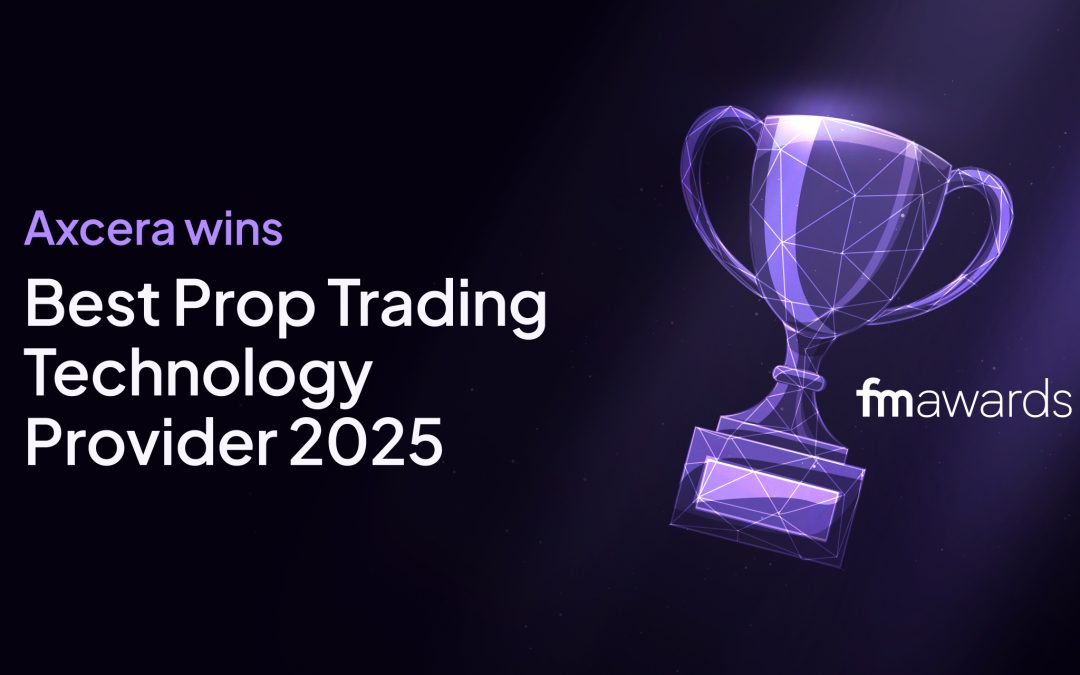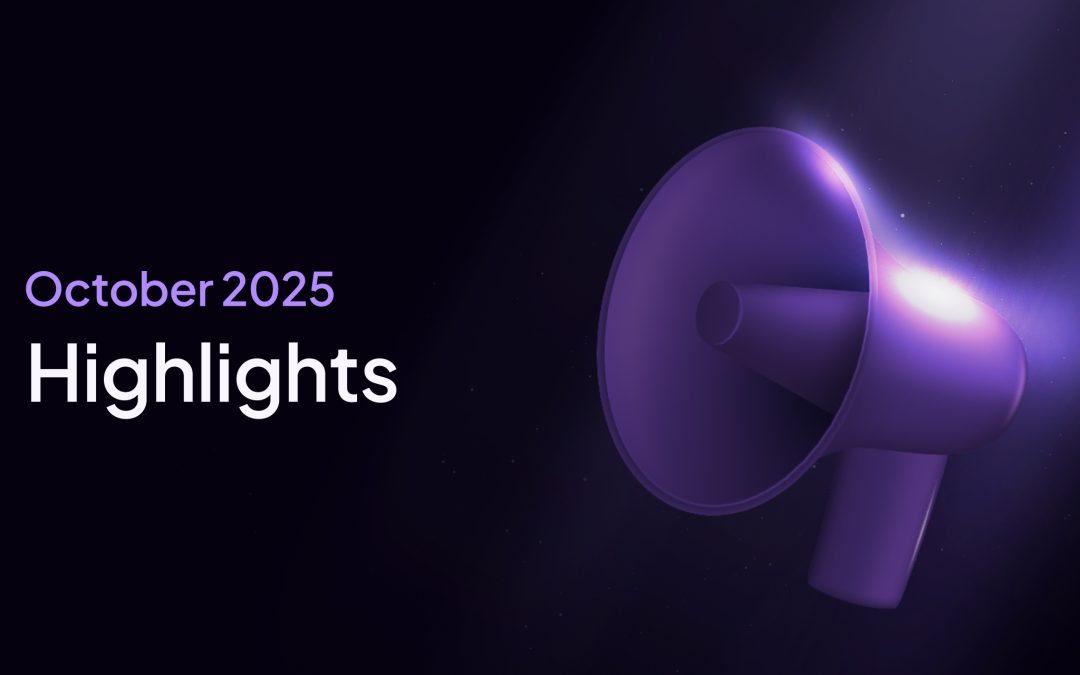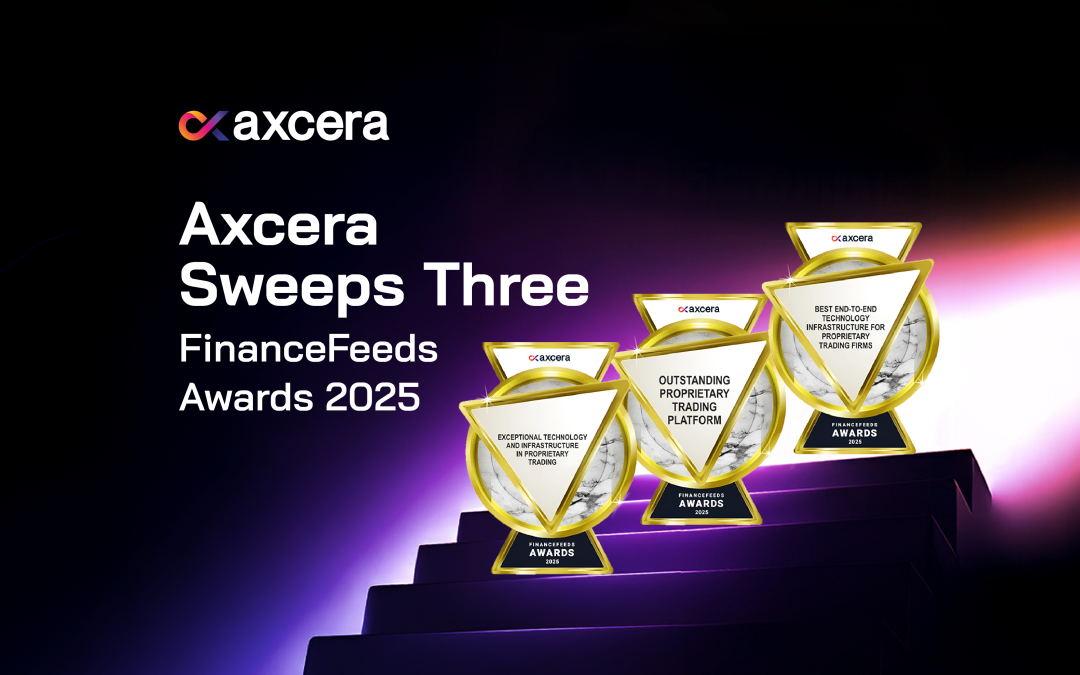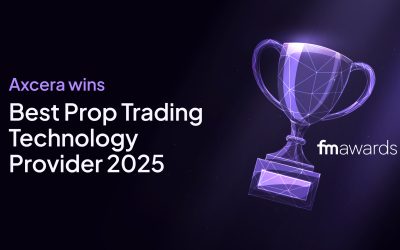Setting up a prop trading firm requires a lot of ingredients to succeed, including the right software, the right minds and enough startup capital to make meaningful trades whilst maintaining an acceptable risk tolerance.
Most importantly it requires passion and insight to succeed.
There are a lot of ways to get started in trading, and many inciting incidents that turn a curiosity about stocks and shares into a lifelong passion and a future career.
One of the most unusual inspirations can come from entertainment, and a company that specialises in business services software decided to take advantage of the surge of the financial markets and the emerging popularity of electronic entertainment to make one of the most unusual pieces of stock market software ever.
This is the bizarre story of Wall Street Kid.

The Money Game
In 1979, SOFEL (SOFtware Engineering Laboratory), opened their Tokyo doors for the first time developing a range of different IT software solutions.
They were primarily focused on a standardised programming model known as the Hierarchical Organisational Flowchart (HOF) and the COBOL programming software COMPS.
The idea was to make software development easier and more accessible to clients still getting used to the concept of working with IT, and COMPS was successful enough for the company to consider expanding and diversifying in the computing space.
By the mid-1980s in Japan, this meant entering the world of computer games, as the Famicom (known in the United States as the Nintendo Entertainment System) was one of the most successful electronic goods ever made.
By 1986, they had an agreement with Nintendo that allowed them to produce games, and a year later their first release Cocona World released to relatively little attention.
However, it was enough of a start for the company to start producing their Life Simulation Series, of which by far the most notable two games are in The Money Game Series.
The Money Game in 1988 is a game where the unnamed trader has 100 days to make a certain amount of profit to keep his job and maintain his personal life through trading in the stock market, doing fun and basic but surprisingly robust fundamental analysis in the process.
The combination of catching the Bubble-era zeitgeist in Japan, its unusual premise and its sense of humour led to a sequel, Kabutochou no Kiseki, which would become known as Wall Street Kid in the United States in 1989.
In order to get a $600bn inheritance, the player must prove their worth as a stock trader and a member of the prestigious Benedict family, typically by making increasingly outlandish purchases.
Much like the previous game, it helped to provide a rudimentary but surprisingly engaging and robust take on the stock market, one never seen before and only rarely seen since.
Part of the reason was the games struggled to appeal to children, but a much bigger reason was the collapse of the Japanese stock market in 1990, which significantly reduced the appeal of playing the stock market for many in Japan around that time.
This hurt interest in both the stock market and video games due to them being a luxury good, so SOFEL returned to their core business of IT and technology solutions, one that they are still working on today.
Investing is obviously not a game, but there is a surprising value in showing younger generations how the market works on a basic level.









